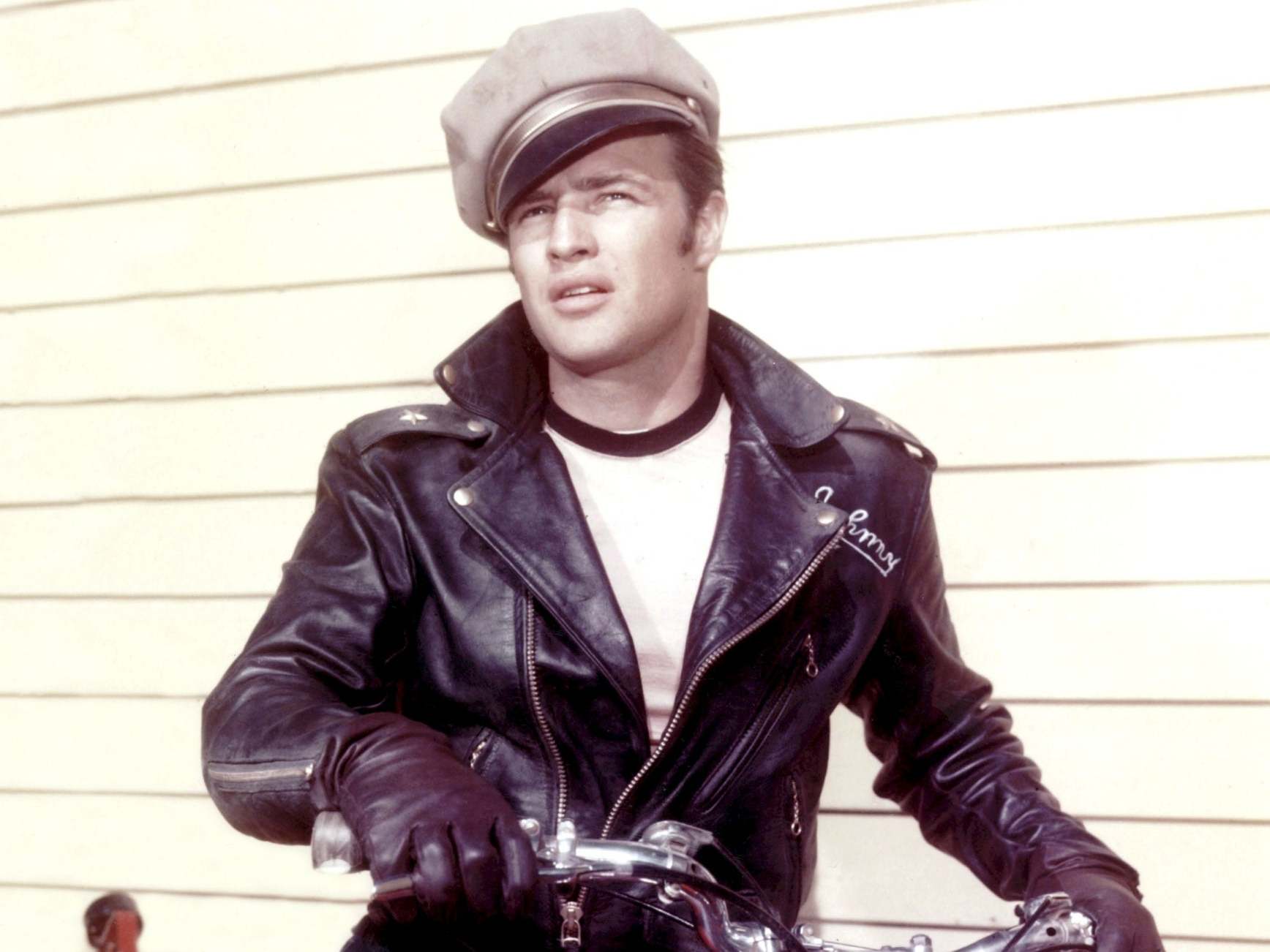Mea Culpa: Juicy Americanisms add vigour and vitality to the language
John Rentoul addresses questions of style and usage in last week’s Independent


As The Independent expands its US-based operations, we will find more American expressions in our pages. While we try to maintain British English for our style, spelling defence with a “c”, for example, we do not want to translate every idiom into a British equivalent. This means some British readers will come across phrases with which they are unfamiliar.
Last week we reported: “Mr Trump has made nixing regulations, especially ones put in place by the Obama administration, a top priority during his over three years in office.” John Schluter wrote to say that he was not sure he had seen the verb “nix” before, but he had looked it up. There he found it was imported into English, as a noun, in the late 18th century, from German, a colloquial variant of nichts, “nothing”.
So all is well. It’s a colourful expression, easy to understand, that may gain currency over here. I don’t think it distracts British readers too much from the improbability of President Trump declaring war on what we call red tape (although the legal ribbon is actually pink).
Indeed, I thought the first sentence of that report might have been more obscure to a British audience: “Donald Trump, eager to juice the staggering US economy to boost his re-election bid, signed an executive order on Tuesday that he said is designed to help businesses recover from the Covid-19 outbreak.”
The use of “juice” as a verb to mean “liven up” is, I think, pretty much confined to North America, from the sense of the noun meaning strength, vigour or vitality. It is informal, but we are all for more strength, vigour and vitality in the language.
Play away: In a report of a medical study we confused two words that sound similar: “When it comes to determining whether the ‘neutralising antibodies’ were clinically effective against the coronavirus, the only data Moderna eluded to were from mice.” Thanks to Paul Edwards for pointing it out. We meant “alluded to”, which means to refer to briefly or indirectly, whereas “elude” means escape or avoid. They both come from the Latin ludere, “to play”, but with a different prefix: a–, a contraction of ad–, towards, and e–, a contraction of ex–, away from: opposite meanings that sound similar in the unstressed syllable in English.
Iconoclasm: We haven’t had an “iconic” audit for a while. Only three uses in our pages last week, excluding when we were quoting someone. On Friday, we had one of those very short headlines at the top of the front page: “Iconic buildings showcase artwork.” I’m afraid to me that is just four random words one after another. But I can see that “Art on display in famous buildings” seems a little downbeat.
We also described Bob Dylan’s concert at the Manchester Free Trade Hall in 1966 as “one of the most iconic cultural events of the Sixties”, where it simply means “important”. And then in a caption on a feature about leather jackets, we said, “From the iconic biker style to sleek blazers, these are wardrobe staples,” where it could just have been deleted.
Join our commenting forum
Join thought-provoking conversations, follow other Independent readers and see their replies
Comments
Bookmark popover
Removed from bookmarks